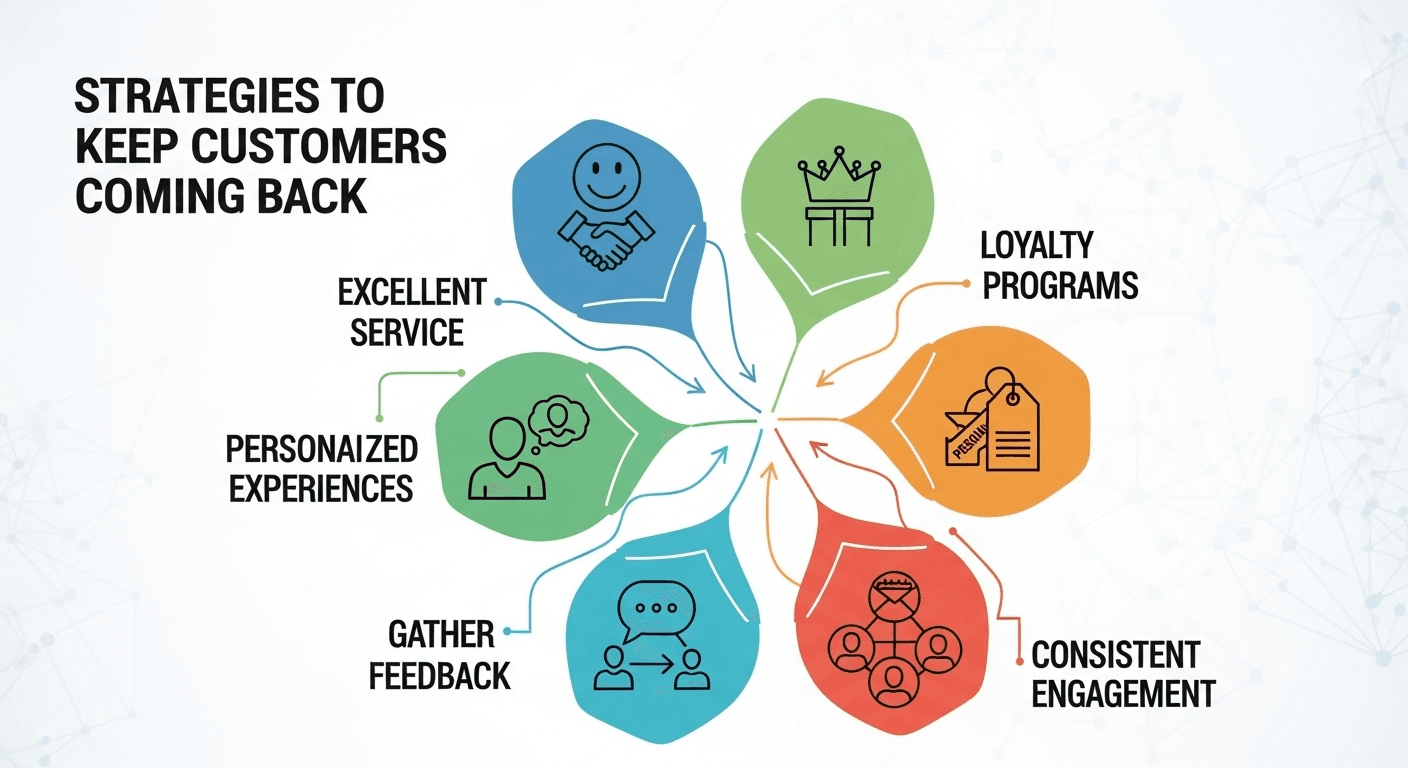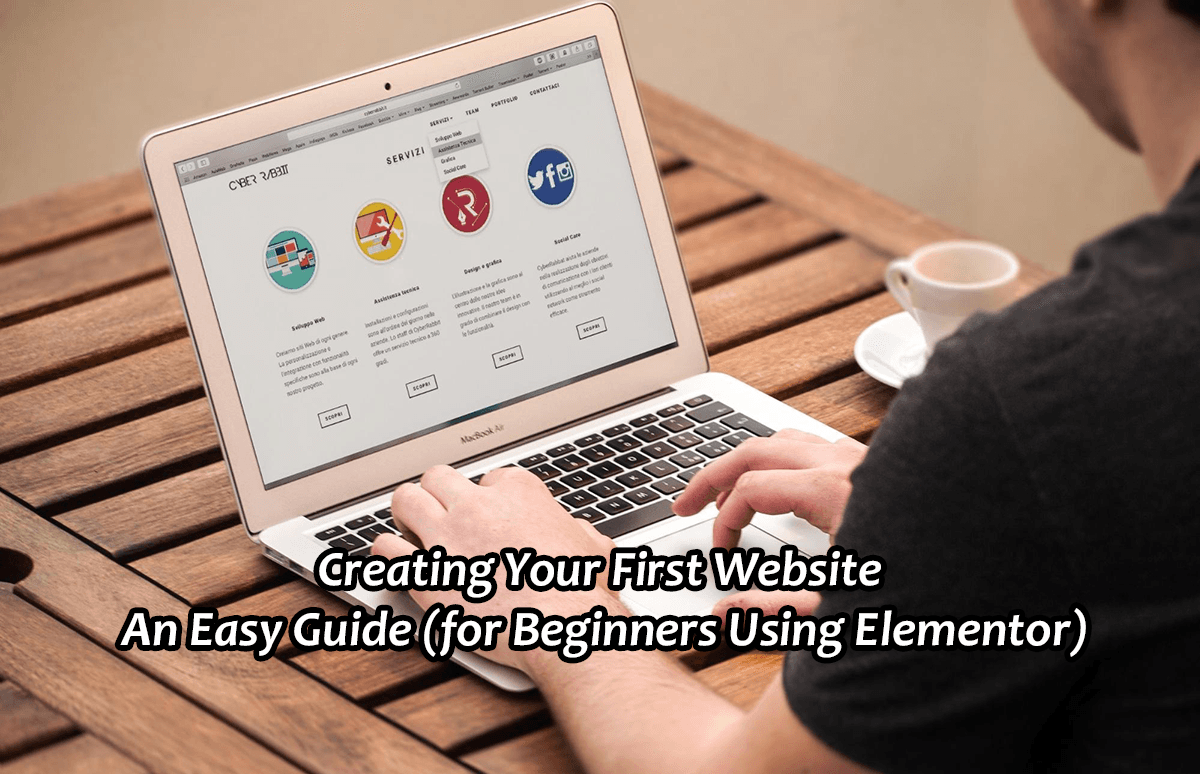The continuing growth of the digital space has pushed the popularity of the business-to-business (B2B) e-commerce industry. Unlike its business-to-consumer (B2C) counterpart, B2B e-commerce is more complex as it involves multiple stakeholders and complex workflows. This industry also requires heavier research, additional purchasing processes based on needs, and less marketing-driven buying.
Such complicated principles call for the need for solutions that help in effectively managing these demanding B2B e-commerce operations — and Magento is one of them.
Magento, also known as Adobe Commerce, is a robust and flexible e-commerce platform that offers a wide range of features for managing online stores. It also has an open-source nature and an active developer community, making it a popular choice among businesses of all sizes.
This platform also plays a critical role in the growth of B2B e-commerce businesses by enabling them to develop and execute effective growth marketing strategies.
This article outlines the different features and capabilities of Magento that can help businesses streamline their B2B e-commerce operations, improve client experience, and ultimately drive growth and profitability.
Powerful Search Capabilities
One of the critical necessities of a successful B2B e-commerce platform is being able to find a product as quickly as possible. Magento can support this matter significantly with its intelligent and intuitive search capabilities.
These functions enable clients to easily find their way around your website and search for the products they need. Its advanced search allows clients to find items based on various criteria such as name, description, price range, color, size, SKU, category, and brand.
Convenient Quotation System
B2B selling involves answering inquiries for large orders regularly. Such a transaction can be burdensome, especially when done manually. Magento makes this process effortless with its Quote System.
When enabled, this feature allows your prospect to send quotation requests that you can review before moving on to price negotiation. Once everything has been settled, the client can proceed to the checkout process through their submitted quotation request.
The beauty of this feature is that it allows you to review, negotiate, and modify the quote request multiple times before approving and converting it into a final order.
Advanced Inventory and Order Management
Running a B2B e-commerce platform requires efficient management of complex inventory and ordering systems to ensure smooth operations. Magento offers a smart inventory management feature that enables you to effectively handle orders from different sales channels.
You can integrate this e-commerce solution into platforms like Amazon and eBay to get real-time information across your supply chain. This makes it easier for you to acquire inventory details across different locations, provide a better e-commerce experience for clients, and ultimately increase sales.
What’s more, Magento has a quick order feature that allows clients to conveniently place their orders if they already know what they want. All they have to do is input the SKU or copy a previous purchase. This feature allows for faster checkout and can boost sales.
Streamlined Payment Processing
One way Magento optimizes client transactions on your e-commerce site is by integrating various payment gateways, which are handled by third-party services. This integration of different payment options speeds up the checkout process and encourages the prospect to complete their purchase.
Credit cards, PayPal, Venmo, and Apple Pay are the modes of payment that you can integrate with Magento. The e-commerce platform also offers a Pay Later option which offers clients financing options such as short-term, interest-free payments so they can finish their transaction even if they don’t have funds on hand.
Convenient Customer Management
Magento’s customer account manager allows you to effectively manage customer accounts. It does so by providing tools for the easy creation and editing of client profiles, viewing and tracking of orders, saving multiple shipping and billing addresses, and creating wishlists for products they want to purchase in the future.
This feature enables you to have a centralized location to manage all customer accounts, making it easier to provide support and improve customer satisfaction. You can also use data from client profiles to personalize the prospects’ experience and increase their engagement.
Moreover, Magento also has customer segmentation capabilities that enable you to group clients based on various criteria, such as purchase history, location, and demographics. This function allows you to create targeted marketing campaigns, personalize the customer experience, and offer customized pricing and discounts.
Effective Marketing and Promotions
Magento offers up-selling and cross-marketing features that can support you in increasing brand visibility and driving website traffic to boost sales.
One way this e-commerce platform can help you do so is by creating effective landing pages. Magento allows you to develop custom landing pages for specific products or promotions, optimizing them for conversion.
It also can be integrated with social media platforms, which opens opportunities for product and service promotions in these channels. Moreover, Magento provides businesses with the ability to create social media campaigns and measure their effectiveness, enabling businesses to make data-driven decisions for future campaigns.
Integrating the e-commerce platform with social platforms can help your B2B e-commerce business track and analyze key performance indicators (KPIs) such as social media engagement, click-through rates, and conversions.
Final Thoughts
Magento’s robust system and various features make it an effective tool for managing demanding B2B e-commerce operations. With its comprehensive capabilities — from searching to marketing and promotions — this platform empowers businesses to develop and execute effective growth marketing strategies that drive profitability in the highly competitive digital market.




